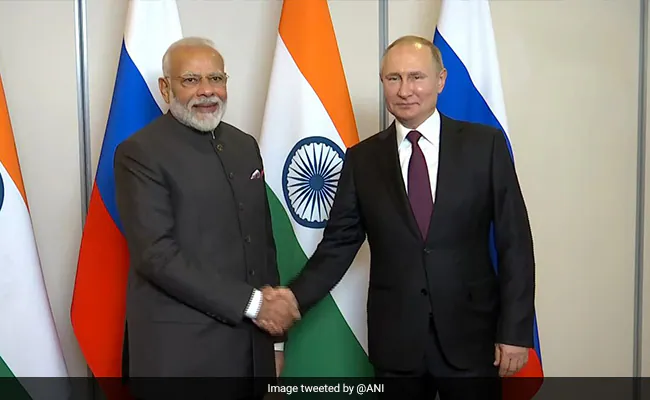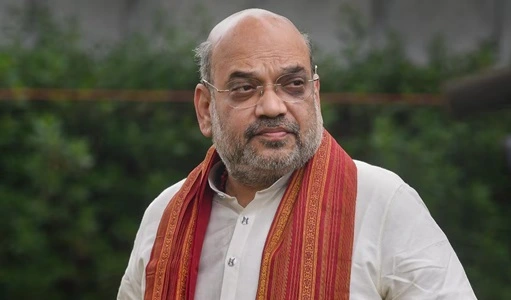India’s strategic relationship with Russia has long been a cornerstone of its foreign policy, dating back to the Cold War era. Despite the changing global dynamics, India has maintained a steady partnership with Russia, particularly in defense and energy sectors. This enduring relationship has occasionally put India at odds with Western allies, notably the United States, especially in the context of recent geopolitical tensions and conflicts.
U.S. Criticism and India’s Response
The United States has repeatedly expressed concerns over India’s ties with Russia, particularly in light of Russia’s invasion of Ukraine. India, however, has taken a neutral stance, abstaining from UN votes condemning Russia and continuing its defense and energy engagements with Moscow. India’s Foreign Minister S. Jaishankar has emphasized India’s right to make decisions based on its national interests, a stance reflecting India’s desire for strategic autonomy.

Strategic Autonomy and Multipolarity
India’s foreign policy is heavily influenced by its historical preference for a multipolar world order. This approach allows India to navigate complex global relationships without being tethered to any single power bloc. The Indian government has consistently advocated for dialogue and diplomacy in international conflicts, reinforcing its commitment to strategic autonomy.
Defense Ties with Russia
One of the most contentious issues between India and the U.S. is India’s defense procurement from Russia. The acquisition of the S-400 missile defense system from Russia, despite threats of U.S. sanctions under the CAATSA (Countering America’s Adversaries Through Sanctions Act), exemplifies India’s resolve to pursue its defense needs independently. Russian military hardware forms a significant part of India’s defense arsenal, making this relationship crucial for India’s national security.
Energy Security and Economic Considerations
India’s economic ties with Russia, especially in the energy sector, are another pillar of their bilateral relationship. With India’s growing energy demands, Russian oil and coal have become vital for ensuring energy security at competitive prices. This economic interdependence further complicates India’s ability to distance itself from Russia, despite external pressures.
Balancing Act with the U.S.
While India values its relationship with Russia, it also recognizes the strategic importance of its partnership with the United States. The U.S. sees India as a critical player in the Indo-Pacific region, particularly in countering China’s influence. This shared strategic interest has led the U.S. to adopt a more accommodating stance towards India’s ties with Russia, despite occasional criticisms.
Congressional Oversight and Future Directions
The U.S. Congress, through its bipartisan research and oversight functions, continues to explore ways to encourage India to reduce its dependence on Russia. Proposals include leveraging defense cooperation and offering alternative security and economic incentives. However, U.S. policymakers also acknowledge the necessity of maintaining strong ties with India, given its pivotal role in regional and global geopolitics.
Conclusion
India’s firm response to U.S. criticism highlights its commitment to an independent foreign policy that prioritizes national interests and strategic autonomy. Balancing its historical ties with Russia and its evolving partnership with the United States, India aims to navigate the complex international landscape while safeguarding its security and economic imperatives. The nuanced approach of both India and the U.S. reflects a pragmatic recognition of the multifaceted challenges and opportunities in the current geopolitical environment.

